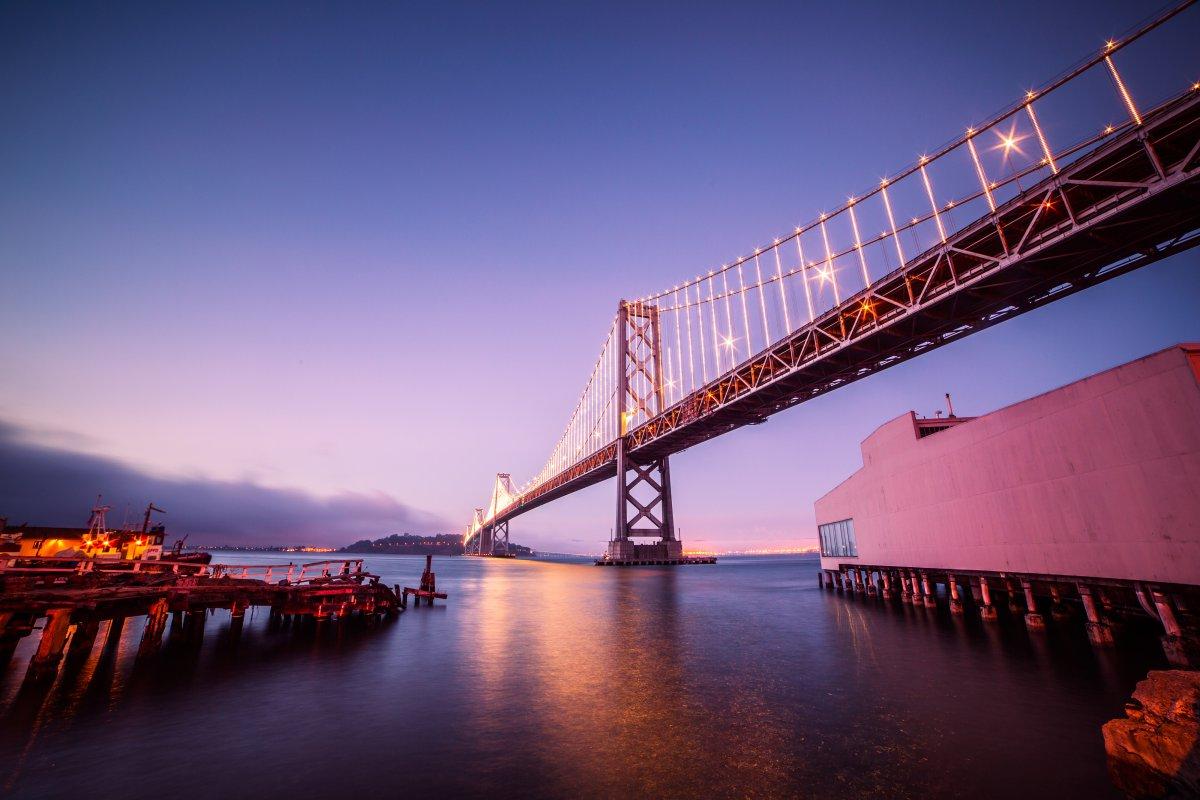Venezuela is a country in South America known for its rich culture and traditions that are entwined with folklore and festivals. Venezuela’s cultural diversity is a result of indigenous, African, and Spanish influences, making its customs and beliefs truly unique. In this article, we will explore some of the fascinating cultural traditions of Venezuela that have been passed down from generation to generation.
Folklore
Venezuela’s folklore is an intricate mix of indigenous, African, and European beliefs that have evolved over time. One of the most notable figures in Venezuelan folklore is El Silbon, who is said to be a ghost who roams the countryside and is notorious for his wicked deeds. El Silbon is often depicted as a tall, thin man dressed in traditional Venezuelan attire, carrying a pouch of bones and a staff. It is believed that he is the ghost of a man who killed his father and then was cursed by his mother to wander for eternity.
Another iconic figure in Venezuelan folklore is La Sayona, a legendary figure who is said to be a woman who was betrayed by her husband and now wanders the night seeking revenge on unfaithful men. She is often depicted as a woman dressed in a flowing white gown and veil, her face obscured by her long black hair.
Festivals
Venezuela is known for its vibrant festivals, which are celebrated throughout the year and showcase the country’s cultural diversity. One such festival is Carnaval, which is the most well-known and widely celebrated festival in Venezuela. The festival is held in February, and it is a time for people to dress up in colorful costumes and dance to traditional music.
Another festival that is celebrated in Venezuela is Semana Santa, which is the week leading up to Easter. During this time, people participate in processions and reenactments of the crucifixion of Jesus Christ. It is a deeply religious festival, and many people fast or give up certain foods during this time.
Conclusion
Venezuela’s rich cultural heritage is on full display through its vibrant folklore and festivals. The traditions have been passed down from generation to generation, and they continue to be an integral part of Venezuelan society. The country’s folklore and festivals are a reflection of the diverse influences that have shaped its culture over the centuries. By celebrating these traditions, Venezuelans are able to connect with their roots and preserve their culture for future generations to enjoy.
(Note: Do you have knowledge or insights to share? Unlock new opportunities and expand your reach by joining our authors team. Click Registration to join us and share your expertise with our readers.)
Speech tips:
Please note that any statements involving politics will not be approved.
